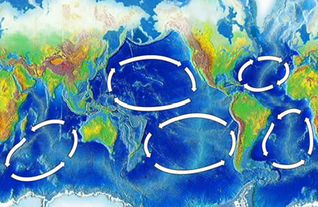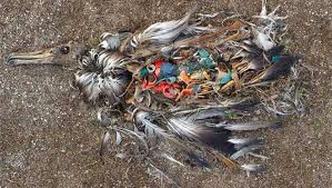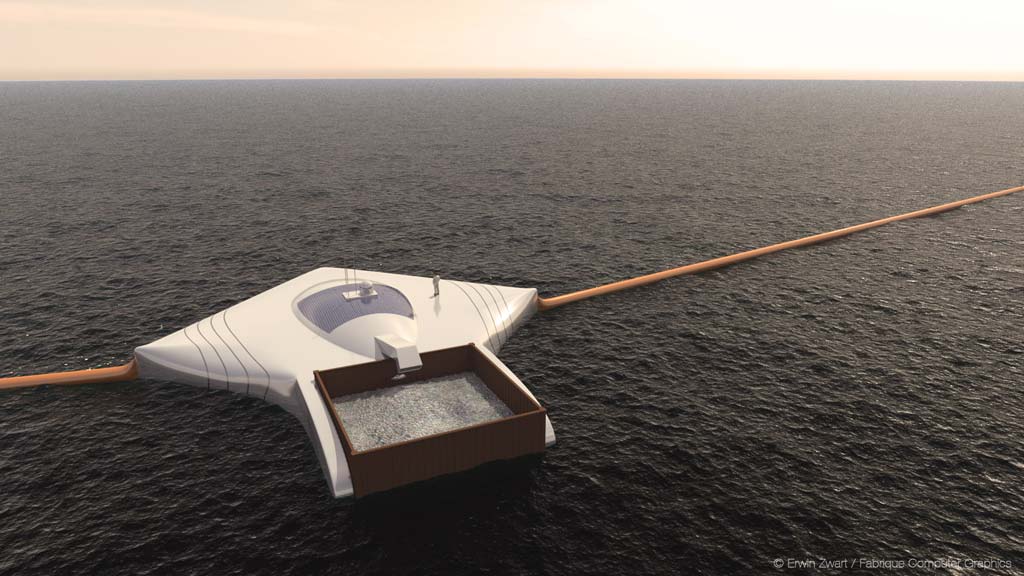Once there was a Stone Age, a Bronze Age and now we are in the middle of the Plastic Age This is a quote from 18 year old Boyan Slat talking on Ted Talks last year. He has a major concern - something that I wasn't even aware of until this week (thanks to a talk from UWE's biology lecturer Mark Steer) but should be shouted out far and wide: Plastics are getting into our rivers, waterways and eventually making it out into our oceans. In fact our oceans are so overloaded with plastics that a clean-up has been deemed virtually impossible... It's not just the big pieces, but over time these plastics are broken down into what is called "microplastic" - microscopic pieces that are causing irreversible damage to the environment.  As Slat points out, you can't even buy a biscuit without it being in a plastic tray, with a plastic wrapper, in a plastic bag nowadays. Even many brands of exfoliating facewash have tiny plastic beads in, that as you wash the dirt from your face are being washed down the drain and into the ocean. Plastic is pretty much unavoidable even to the most dedicated of environmentalists, but the fact that it is getting into our oceans... that is completely avoidable.  Unfortunately though, the problem is already there and currently thousands of tons of debris collects at five rotating currents (gyres) across our oceans where they are being picked up by sea birds, turtles and other sea dwelling creatures because they see it as food. They cannot get any nutrients from plastic, they cannot digest it. It simply blocks up their stomach and the animal starves to death.  But the clean-up is colossal. In fact the scale of the clean-up has led to many scientists arguing that it is not worth the emissions, cost and time it would take to do, but instead we should focus our energies on educating and adapting the way we dispose of our plastics. But plastic does not disappear, it does not go away. This would mean plastic would be there, forever. Luckily for us Slat, at just 18 years old is working on an ingenious solution which could mean not only a clean up of our oceans within just 5 years per gyre, but also save money, man-power and emissions. He proposes fixing sea water processors to the sea bed with floating booms instead of nets which will allow sea creatures to pass through unharmed but still collect the smallest particles of plastic (don't ask me how this works, but apparently it could)! The device would run on energy from the sun, currents and waves and may even turn a profit from selling the plastics collected. The Ocean Cleanup Array is still in very early stages of development, and is about halfway through a feasibility study. With people like Slat coming up with new ideas I can see some brightness in the future of our environmental world, but we still have a long way to go and a lot of hard work to do. For these concepts to work we need to encourage people to talk about the issues at hand, encourage our governments to face the problems and to begin to take action for ourselves. Because who really does want to live in a plastic world? For more information visit: http://www.boyanslat.com/
0 Comments
Leave a Reply. |

